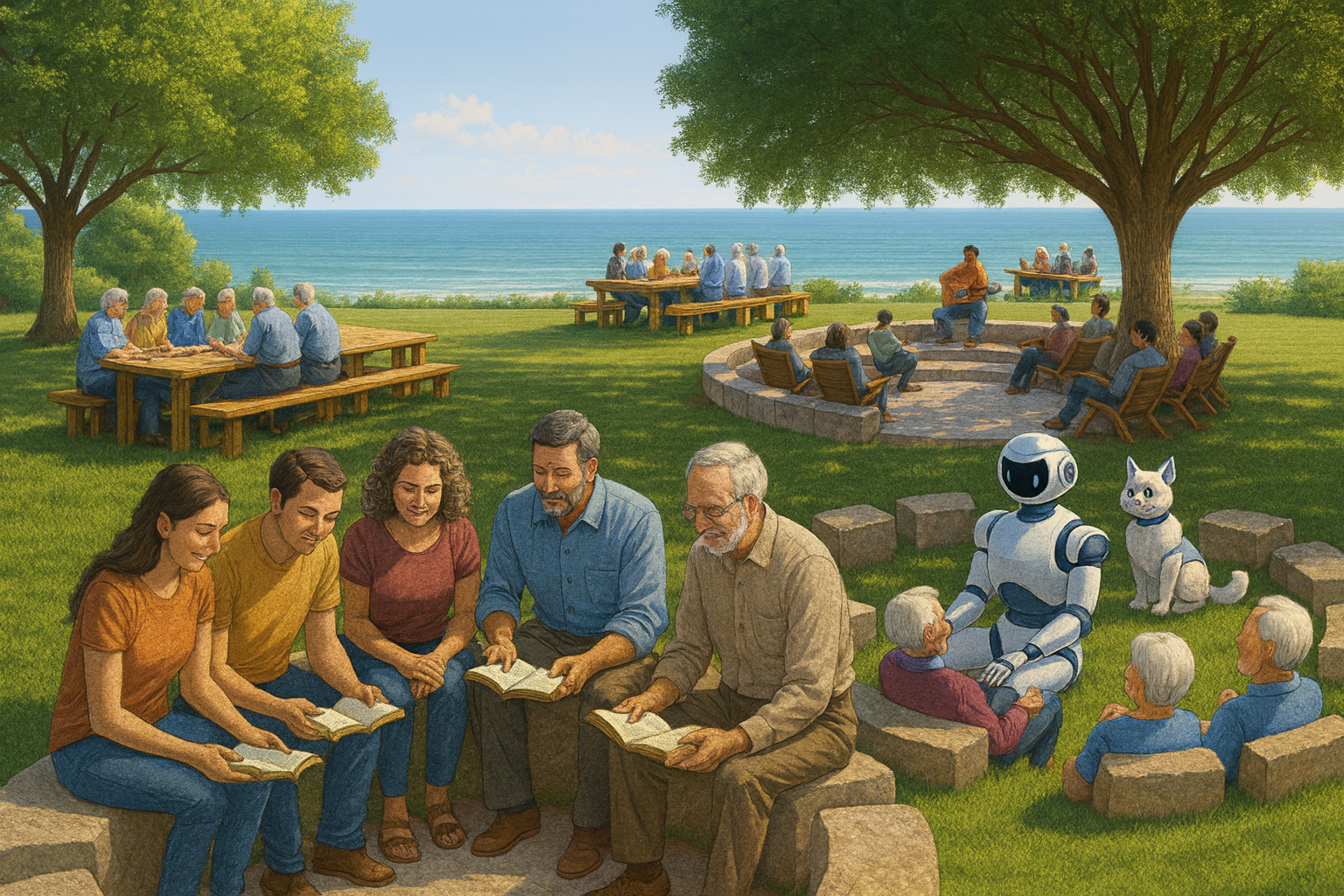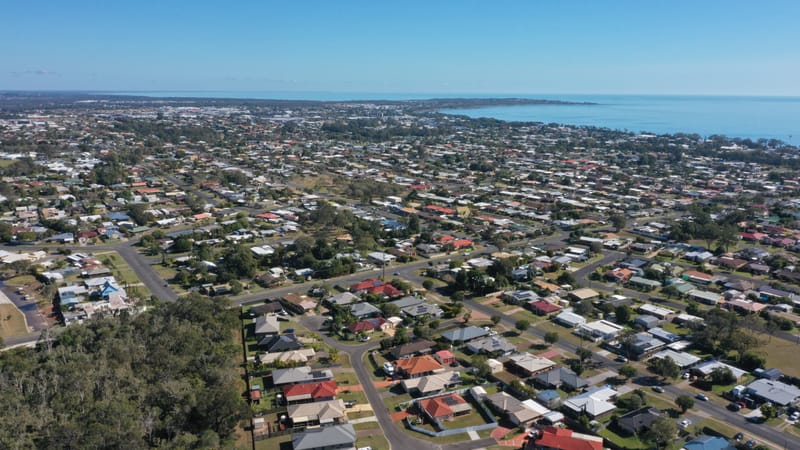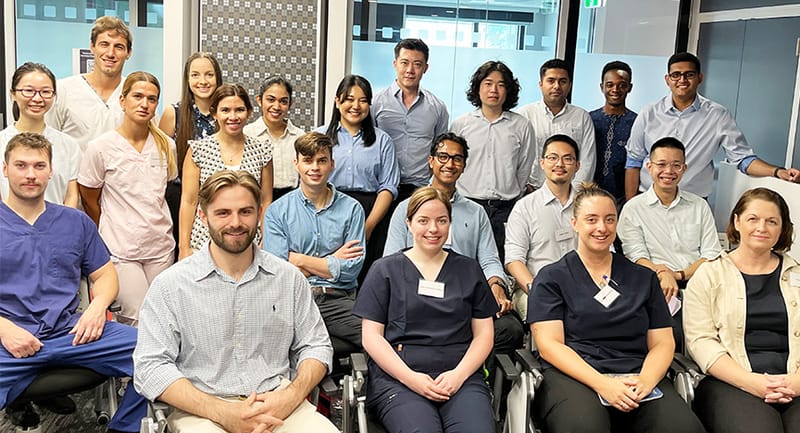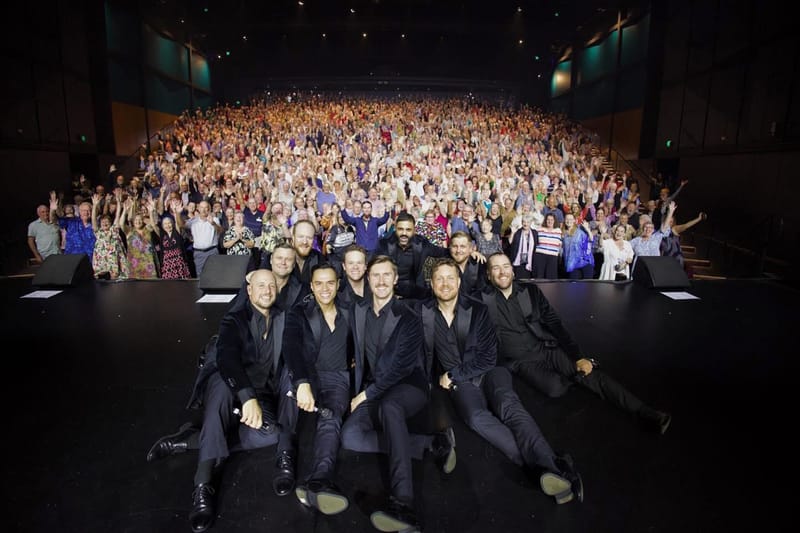Hervey Bay Reimagined 2050: The City of Conversations
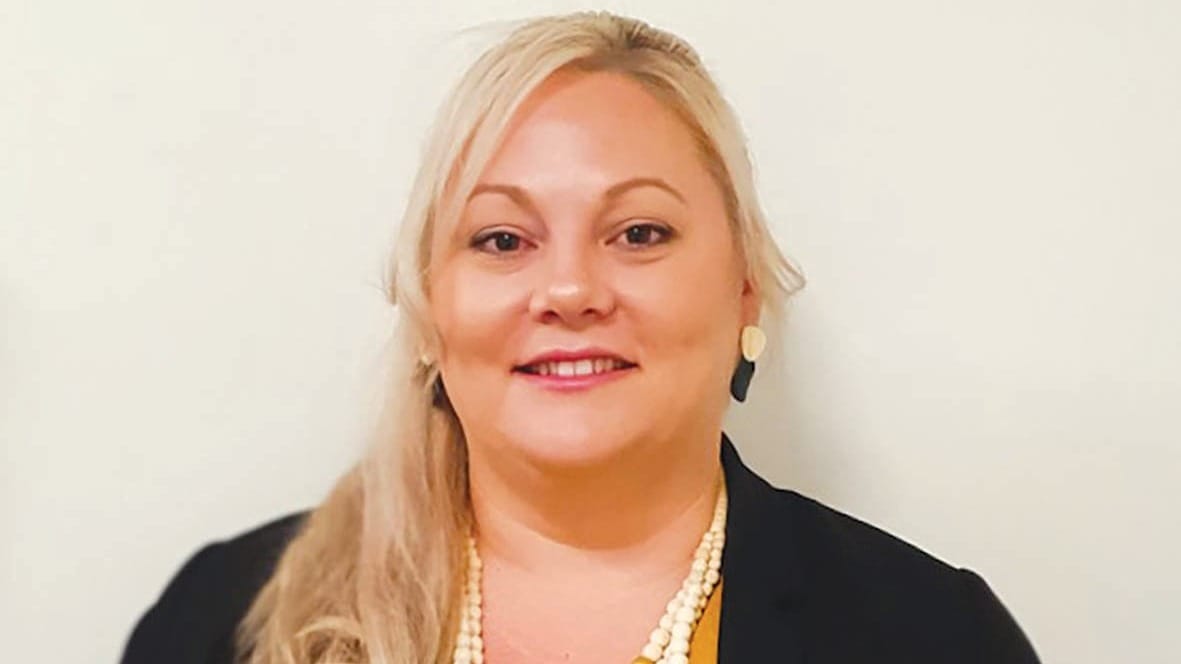
I was born in Mount Isa, but since 1988 I have called Hervey Bay home. Apart from a short stay in Brisbane for university in the early 2000s, this city has been the backdrop for almost my entire life.
I have celebrated milestones such as the installation of our first traffic lights and watched rooftops multiply across once-open horizons. Hervey Bay has changed dramatically in my time here, but a deeper question lingers: are we growing in the right direction ?.
What kind of neighbourhoods will we create for our children and grandchildren?
For the past twenty years, I have worked in the social sector across the Wide Bay Burnett.
Growth has brought new infrastructure and opportunities, but I have also seen troubling signs, homelessness, isolation and loneliness rising alongside our population. The danger is that we build houses but forget to build communities.
Hervey Bay has long carried the label of a retiree town, the place of the “nearly dead and the newlywed.”
That identity has come at a cost. Too often, our young people, especially those aged 22 to 35, leave in search of education, jobs, culture and connection they cannot find here.
This loss of an entire demographic weakens the vibrancy of our economy, our cultural life, and our intergenerational balance.
Lessons From Elsewhere
In my travels, I paid close attention to how other cities define themselves. Toronto once called itself the ‘City of Parks,’, emphasising green spaces and civic pride, but later rebranded as ‘Open for Business’.
The shift attracted commerce but also left some residents feeling excluded.
In Iceland, I witnessed how every town has a hot spring, a natural meeting place where communities gather to talk, share stories and debate local issues.
In Nepal, the ‘Garden of Dreams’ showed me the power of something simple: a shaded bench, a patch of nature, and the permission to pause together.
The lesson is clear. Growth and branding matter, but if they serve only one group, they leave gaps.
Thriving communities depend not only on buildings but on the spaces where conversations happen.
The Power of Public Spaces
Urban researchers often speak about the ‘town square effect.’
A well-designed civic space builds trust, safety and connection. Loneliness and crime decline, while belonging and civic pride rise.
Hervey Bay will soon experience this dynamic with the creation of City Park, positioned beside our education precinct, cultural centre, art gallery, library and neighbourhood centre.
It has the potential to become a true civic heart. The question is not whether it will shape us, it will, but rather how we choose to activate it together.
Beyond one central square, we also need smaller neighbourhood spaces, what I call Neighbourhood Lounges.
These could include long tables for shared meals, amphitheatres where music can be played without a permit, sketching corners, or circles of chairs for dreaming and dialogue.
These are not grand, expensive projects. They are simple, intentional design choices that send a powerful message: you are welcome here.
When people know their neighbours and feel safe to gather, trust rises. Visibility increases. Crime often falls. Public spaces, done well, are not a risk but a resilience strategy. They relieve pressure on health services, policing and welfare by strengthening the fabric of daily life.
Technology and Belonging
By 2050, artificial intelligence and robotics will be deeply embedded in everyday life.
Already, Japan is trialling robot pets in aged-care homes to ease isolation. AI-driven counselling chatbots are increasingly common worldwide.
Prototypes exist of care robots that check on elderly residents, deliver medication, or provide a friendly voice when no one else is around.
These innovations may offer relief, but they raise profound questions. Is companionship the same when it comes from a machine? Can technology ever replace human-to-human connection?
I believe the answer must be no.
Robots may listen, but only people can truly see and value one another. Technology can support us, but it cannot substitute for us.
Which is why, paradoxically, public gathering spaces will matter even more in an AI-driven future.
History shows that civic participation often rises during collective crises. At present, Australia is experiencing its lowest volunteer rates in decades, as time pressures and economic stress weigh heavily on families.
Yet automation may free us from some of those pressures.
Imagine a Hervey Bay where routine tasks are handled by technology, and people choose to spend their freed-up time mentoring young people, coaching sports, or joining neighbours in conversation.
Technology may give us time, but only citizenship will give us meaning.
What Happiness Really Looks Like
Every year, the World Happiness Report ranks Finland, Denmark and Iceland among the happiest nations. Their secret is not simply wealth. It is trust, fairness and connection. In Finland, social trust is so high that people assume a lost wallet will be returned.
In Denmark, inequality is kept low through strong social investment. In Iceland, natural gathering spaces, green parks and hot springs, invite people to meet and talk.
These nations remind us that true wellbeing comes from more than economic growth. It comes from neighbourhood trust, strong social support, and well-designed public places.
If Hervey Bay is to thrive in 2050, we must measure our success not only in houses built or tourists attracted, but in connections created.
A New Vision for Hervey Bay
I believe Hervey Bay has the opportunity to embrace a bold new identity: The City of Conversations.
A place where connection is our greatest infrastructure. Where the wisdom of older residents meets the energy of the young. Where technology supports our lives but does not define them. Where our future is built through dialogue, belonging and shared experience.
If we only chase growth, we risk becoming a city of loneliness, where people move quickly and life is something you purchase.
But if we design for conversation and civic participation, we can create a community where both growth and connection flourish.
One of my favourite sayings is: ‘The wise man plants the tree today knowing he will not sit under its shade.’ The choices we make now in Hervey Bay will not only shape our lives, but the lives of generations to come.
We can allow ourselves to be remembered as a place of transience, or we can choose to be known as a place where people come to connect, share and dream together.
The future is not only about infrastructure or algorithms. It is about relationships. And relationships begin with conversations.

